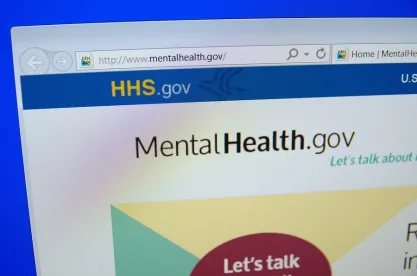The U.S. Department of Health and Human Services (“HHS”) recently issued two corresponding final rules amending the implementing regulations of the Physician Self-Referral Law (“Stark Law”), the Anti-Kickback Statute (“AKS”), and the Civil Monetary Penalties Law (“CMP”). Both rules are part of HHS’s examination of federal regulations that potentially impede health care providers’ efforts to transition to value-based care and improve coordination of patient care in Federal health care programs and the commercial sector. Most of the amended regulations are effective on January 19, 2021.
In general, CMS made the following revisions to the Stark Law:
-
Created new exceptions for value-based arrangements
-
Created a new exception for arrangements where a physician receives a limited amount of remuneration for items or services provided
-
Created a new exception for donations of cybersecurity technology and related services
-
Clarified important definitions, such as “commercially reasonable,” “volume or value” and “fair market value”
The Office of Inspector General (OIG) added six new safe harbors and modified four safe harbors to the AKS. Three of the new AKS safe harbors pertain to value-based arrangements that foster better coordinated and managed patient care. The AKS Final Rule also modified existing safe harbors related to electronic health records items and services, personal services and management contracts, warranties and local transportation.
Last, OIG amended the definition of “remuneration” in the CMP rule that interprets and incorporates a new statutory exception to the prohibition on beneficiary inducements for “telehealth technologies” furnished to certain in-home dialysis patients.







 />i
/>i

